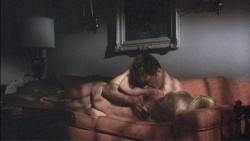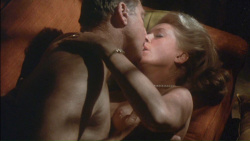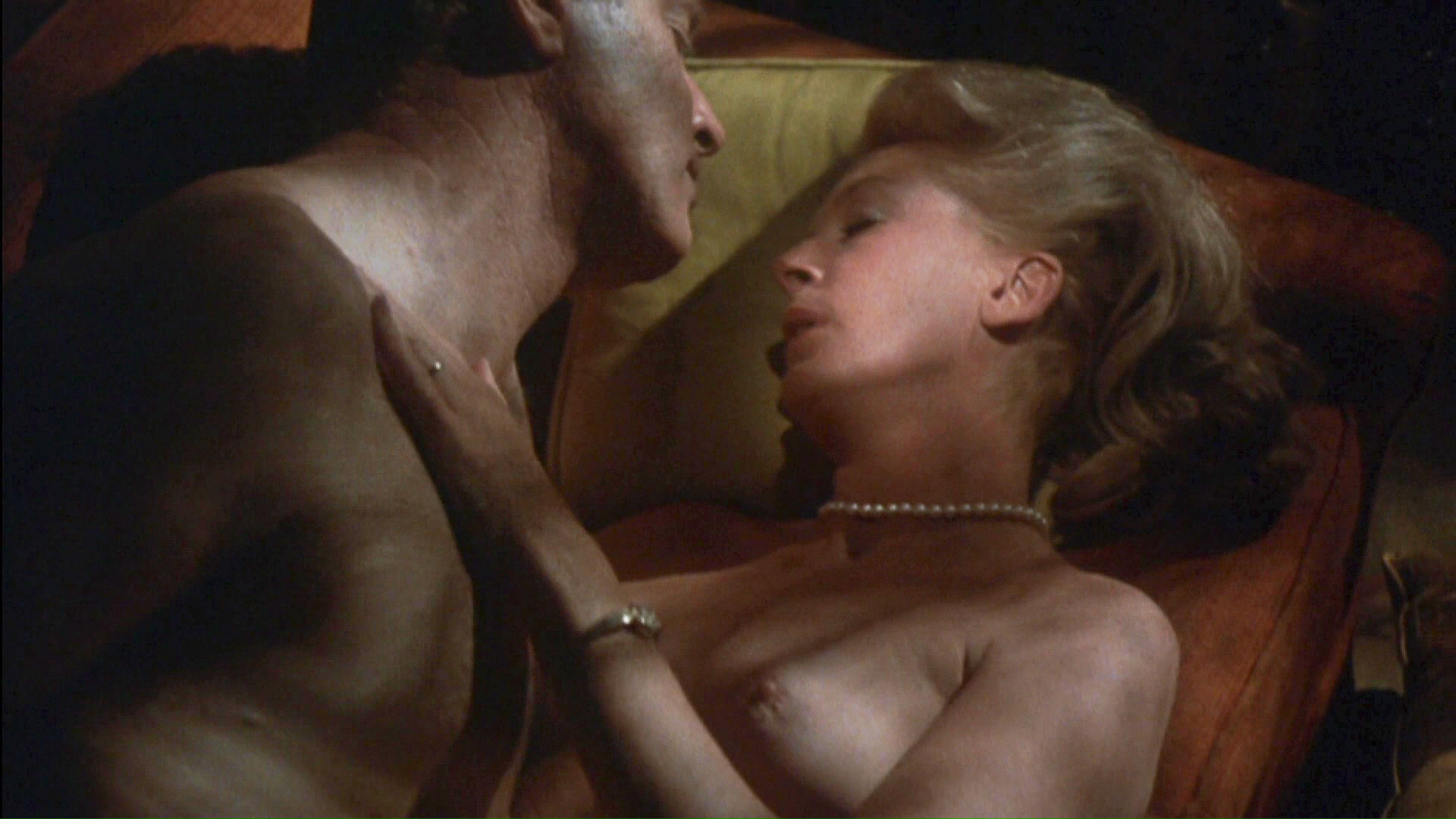Day: December 25, 2022
“In other financial news, more and more people are buying cryptocurrencies, which appeal to investors because the cryptocurrency market is not controlled by the government. Instead it is controlled by 13-year-old Justin Weeblemonger of Teaneck, N.J., who runs the whole shebang out of his PlayStation 5. (Justin also controls airline fares.)”
The Washington Post has both parts, if you can get past their pay wall.
When this film came out, it generated a certain amount of buzz around two things:
1. There were love scenes between Deborah Kerr and Burt Lancaster.
About sixteen years earlier, they had performed arguably the most famous love scene of all time in From Here to Eternity, a scene that had the censors in a tizzy and had sent the moral guardians of 1953 into full outrage mode. People were curious to see them together again.
2. Deborah Kerr was naked.
Deborah was a formidable performer and a renowned beauty, but she had never done a nude scene in the prime of her career, which had taken place in the 1950s, a decade in the heart of Hollywood’s Non-Nude Years (1935-1962). Nobody expected her to get naked in 1969, when she was nearly 50 years old, but Kerr stripped for her romantic screen reunion with Lancaster. It is the only time she bared her breasts on film.


This is kind of unusual for her. She’s not usually the type to post bikini pics to social media.
She has done a (rear) nude scene, in an obscure short called Good Luck in the Land of Mañana (2018). To my knowledge, that is her only screen nudity.
“PAIGE SPIRANAC’S BEAUTIFUL BREASTS AND OTHER CELEBRITIES IN A WEEKLY INSTAGRAM/TWITTER ROUNDUP“
You can find much more of her here

My thoughts today, as I celebrate Christmas in warmth and comfort, are with the people of the Ukraine as they shiver in darkness, and with the terrified young soldiers on both sides of that battle line. That leads me to recall the great Christmas Truce of WW1.
Human societies seem to have some common rules, one of which is that the young men must kill or be killed for whatever causes the old men have brainwashed them to believe, but there were a few times in our history when the warriors told their overlords to stuff it, if only for a moment. On Christmas Eve and Christmas Day in 1914, during the first sacred holiday of the first world war, the trench warriors set aside their rifles, ignored their orders, and walked into the no-man’s land to celebrate Christmas with their enemies.
Peace broke out in many places along the lines, involving many men communicating to one another without a common language. As the story goes, the Germans first put Christmas trees up just above their sight lines, with signs that said “you no shoot, we no shoot” or “Merry Christmas.” Then the Scots brought out their ubiquitous bagpipes and played Christmas carols. The French broke out their champagne. The men shared pictures of their loved ones. They roasted some pigs together for Christmas dinner, and their chaplains held Christmas religious ceremonies. They cleared no-man’s land of the rotten corpses, buried their fallen comrades, and helped their enemies to do the same. When they had cleared away their dead, they played soccer where the bodies had been strewn.
The real-life aftermath of the unpremeditated Christmas truce was shock among the high commands of the opposing nations. Nothing could be more disastrous for the world’s sense of proper order than to have young men of opposing countries declaring their comradeship and refusing to kill one another. Why, it’s downright socialist! Generals on both sides declared this peacemaking to be treasonous, and all the lingering goodwill generated by the spontaneous outbreak of peace had been completely quashed by Easter of 1915, when the men would again resume the unquestioned killing of one another on behalf of their common God, who had apparently issued the two sides contradictory orders. Before Armistice Day in 1918, an entire European generation was lost. Some thirty million young men would return to their homes wounded. Their mothers would be envied by the ten million others whose sons did not return at all.
As I write this on this Christmas Day in 2022, when many young Ukrainian and Russian men are still dying for old men’s causes, it gives me some faint hope to look back on that Christmas of 1914 and recall the foot soldiers who proved that, despite all indications to the contrary, we do have brotherhood within us, if only we reach for it.


